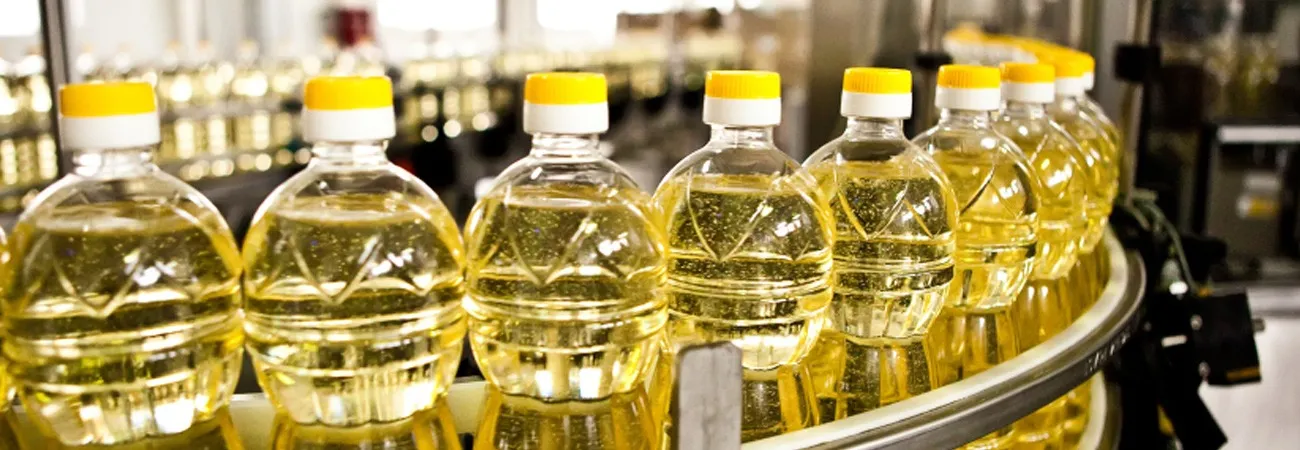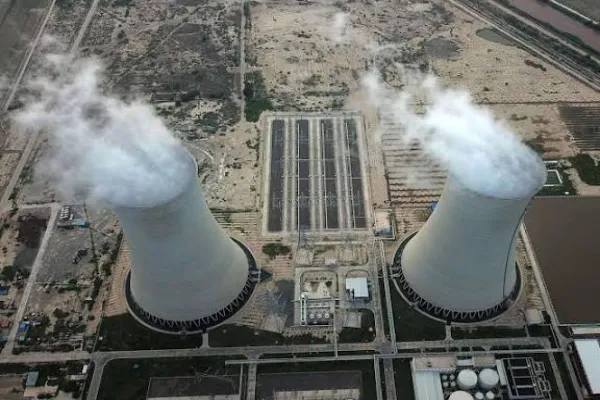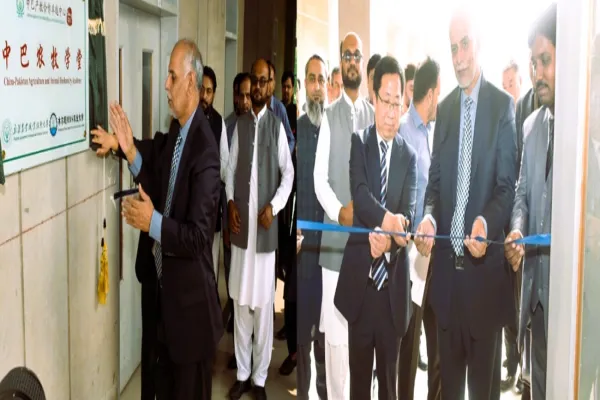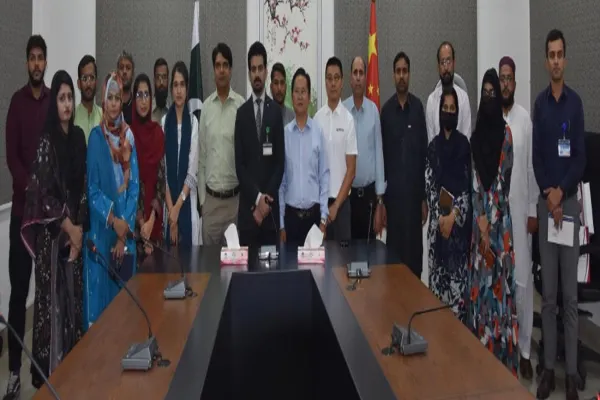i NEWS PAK-CHINA
In several regions in Pakistan were affected by severe flooding, bringing considerable challenges to local production and livelihoods. As a result, public welfare and health needs have become particularly urgent. To actively fulfill its corporate social responsibility and support Pakistan’s post-disaster livelihood recovery and rural revitalization, As CPEC Agricultural project company, Wuhan Qingfa Hesheng seed company and its partner EVYOL Group jointly organized the “2025 Pakistan HC-021C Healthy Edible Oil Campus Campaign” from September to October across Multan, Khanpur, Layyah, and Liaqatpur in Punjab Province.
As an important practice of “rooting locally and serving locally,” the campaign focused on the core goals of “Empowering Livelihoods and Promoting Health.” It was carefully designed to meet the actual needs of local people, with over 50 events held in total. The campaign mainly targeted school students and nearby villagers, reaching more than 30,000 participants. By bringing quality agricultural resources and health knowledge directly to the people, the campaign contributed to sustainable development and improved well-being in Pakistan.
The activities combined theoretical learning with hands-on experience. On one hand, professionals gave systematic lectures on the advantages, nutritional value, and industrial potential of the HC-021C double-low hybrid rapeseed variety. On the other hand, they conducted live demonstrations of preparing local dishes using HC-021C canola oil, allowing participants to experience its high quality firsthand. Students actively engaged in interactive Q&A sessions, while villagers eagerly exchanged ideas on cultivation and dietary practices.
The events were well received by the public, earning wide recognition and praise. The campaign not only enhanced awareness of the HC-021C double-low hybrid rapeseed but also promoted scientific and healthy dietary knowledge, playing a positive role in improving health concepts and supporting post-disaster social stability. This HC-021C Healthy Edible Oil Campus Campaign further underscored the far-reaching significance of promoting the HC-021C variety and marked another solid step by Qingfa Hesheng in practicing the FAO’s “Four Betters” Initiative—Better Production, Better Nutrition, Better Environment, and Better Life.
By highlighting the agronomic and economic advantages of HC-021C, the campaign helped local farmers understand how the variety outperforms traditional mustard in yield (up by 7%–9%) and oil content (up by 7%–8%), laying the foundation for future adoption and increasing farmers’ income. The campaign educated communities about the health benefits of HC-021C double-low canola oil—low erucic acid and high unsaturated fatty acids promote cardiovascular health, while low glucosinolate and high protein content support animal nutrition.
Over time, substituting palm oil and high-erucic rapeseed oil with HC-021C can reduce the incidence of cardiovascular diseases by 4%–6%, saving Pakistan around USD 380 million annually in medical expenses. The HC-021C variety helps improve soil pH balance and structure during growth. By raising awareness of its ecological benefits through the campus campaign, more people now understand its environmental value, creating favorable conditions for promoting cotton–oil and rice–oil rotation systems and fostering sustainable agricultural ecosystems.
As a bridge connecting enterprises and local communities, the campus campaign disseminated health knowledge, encouraged better dietary choices, and continuously improved quality of life for local residents. It also demonstrated the commitment and contribution of Chinese enterprises to Pakistan’s food security and sustainable agricultural development.
Credit: Independent News Pakistan (INP) — Pak-China









